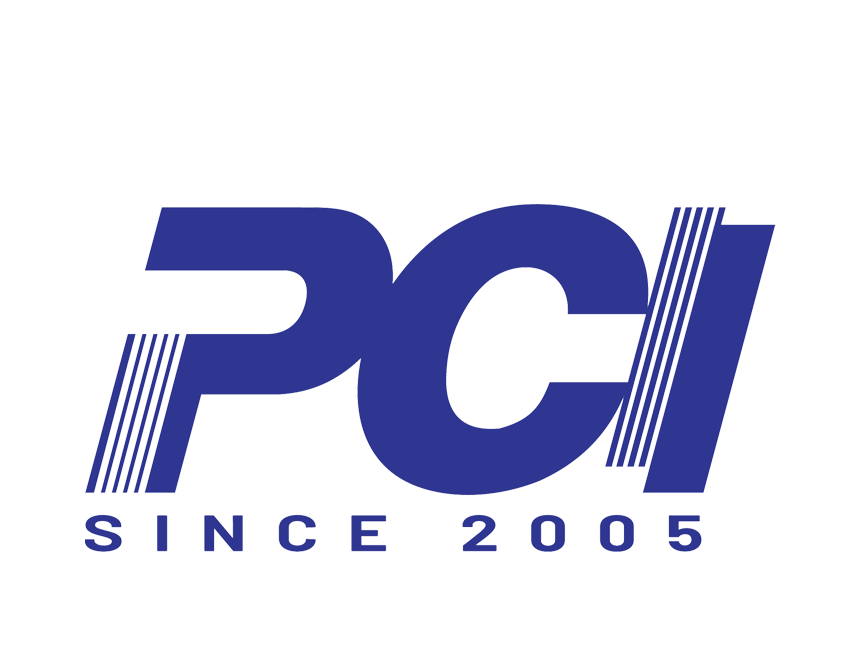When enterprises proactively offer suggestions
 The total capital demand for Vietnam’s transport infrastructure is estimated at US$48 billion in the 2016-2020 period. (Photo: hanoimoi) The total capital demand for Vietnam’s transport infrastructure is estimated at US$48 billion in the 2016-2020 period. (Photo: hanoimoi) |
NDO - The dialogue method between the business community and representatives of Government agencies has changed substantially for the first time at the mid-term Vietnam Business Forum (VBF) 2019 held in Hanoiin late June. Enterprises have no longer complained about difficulties they have to face in investment, production and business activities as they did in the previous dialogues. |
Instead, representatives of many enterprises switched to proposing suggestions and solutions for the Government to build a more transparent and smooth business environment, contributing to fueling the Vietnamese economy. This positive change demonstrated that the business community appreciates the recent efforts of the Government in creating an increasingly favourable business environment, particularly the determination of the Government in facilitating, guiding and supporting enterprises. Such efforts were reflected in important economic indicators that Vietnam achieved in 2018 including macroeconomic stability, improvements to the quality of economic growth, considerable achievements in administrative reforms, a crackdown on corruption, the reduction in unofficial costs, optimism of enterprises about business prospects in the future, among others. However, besides the bright spots, investment and business activities still face many difficulties and challenges. The flow of investment capital from the private sector still encounters bottlenecks, requiring the Government to build a better market-oriented legal framework and remove overlapping and unreasonable regulations related to land, planning, investment, construction and environment, among others. The business environment has essentially been enhanced, but the level of reform in some areas has begun to show signs of slowing. The outcomes of the Provincial Competitiveness Index (PCI) in 2018 showed that 16% of enterprises reflected that they have to wait for more than one month to collect all necessary legal documents besides the business registration certificate to officially go into operation. Meanwhile, 34% of enterprises said that they face difficulties when applying for certificates of eligibility for doing conditional business lines. Notably, a number of foreign investors have expressed their concern about rapid changes in several legal regulations and the level of risk in the application of Vietnam's laws. The application of inappropriate and inconsistent legal policies has negatively impacted the investment and business environment, and has even caused dissolution for some projects. In addition, limits in infrastructure continue to be a major obstacle to the country as Vietnam’s expenditure on infrastructure development per capita is only higher than Cambodia and the Philippines. Meanwhile, the rapidindustrialisation and urbanisation in Vietnam is creating an increasing pressure on infrastructure. The total capital demand for Vietnam’s transport infrastructure is estimated at US$48 billion in the 2016-2020 period and the country also needs more private investment in this area. In order to facilitate this source of capital, it is necessary to soon promulgate laws on public-private partnerships while developing consistent guidelines on law enforcement which will be uniformly applied to all localities nationwide. The business community is a crucial driving force foreconomic growth and a subject to realise the rapid and sustainable development objectives set out in the national socio-economic development strategy in the new period. Therefore, when the Government plays the role of facilitating, leading, supporting enterprises, the business community will no longer have to complain but instead will switch to offering suggestions and making their own innovations. The joint efforts will surely add new impetus too and promote the rapid and sustainable development of the Vietnamese economy. Soure: Nhandan Online |


 Tiếng Việt
Tiếng Việt